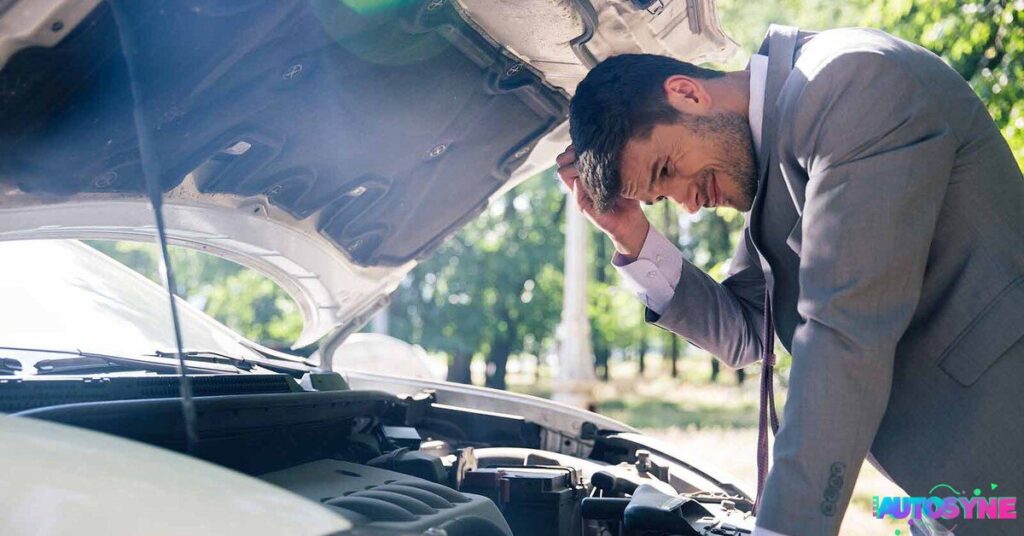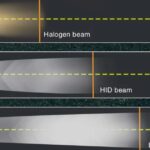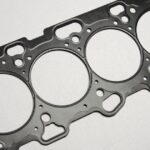Your car’s roar should be from the engine, not a mysterious noise when you accelerate. But fear not, as we unravel the reasons behind this unsettling sound. From exhaust issues to worn out engine parts, several culprits may be at play.
You are cruising down the road, enjoying the breeze, when suddenly; your car unleashes a thunderous roar as you press the accelerator. It is not the thrilling kind of roar you had expected from a powerful engine.
It is a worrisome noise that hints at potential trouble under the hood. But fear not, because in this article, we are going to unravel the mystery behind why your car makes such a racket when you step on the gas.
What Kinds Of Problems Would Cause The Car To Make A Noise When Accelerating?
When your car gets louder as you speed up, it could mean a few things are wrong. One problem might be with the belts. They could be worn out or not sitting right, causing a squeaky noise.
Another issue could be with the exhaust system, which might have leaks or damage, making a deep rumbling sound when you hit the gas. The transmission and other parts under the car can also wear out and make noise as they move.
Lastly, problems inside the engine, like worn-out valves or bearings, can create clicking or knocking sounds. It’s important to fix these problems quickly to keep your car running smoothly and safely.
Read This Blog: Who Owns Acura Car Company?
Exhaust System Issues
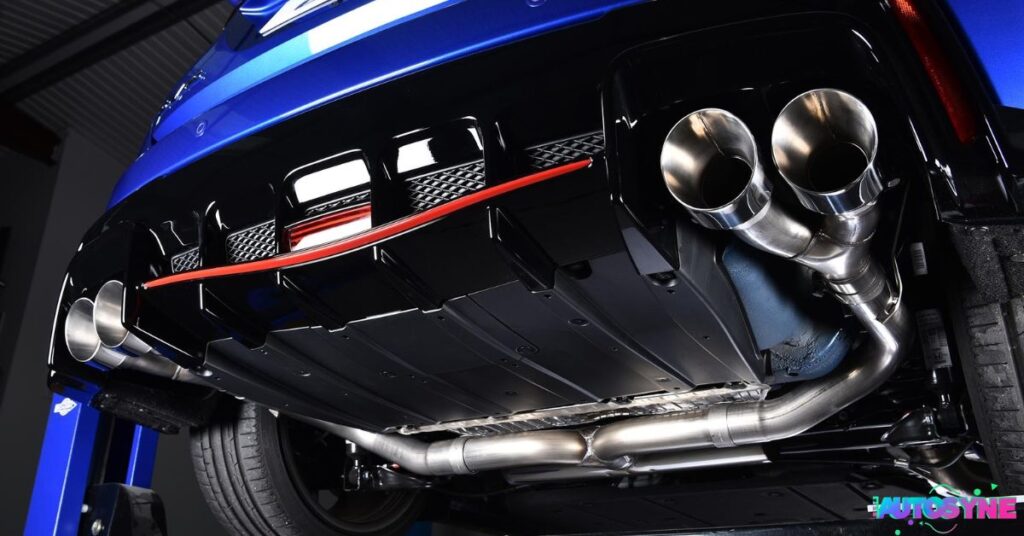
Your car’s exhaust system is crucial for engine performance. However, if it develops leaks or cracks, problems arise. These issues lead to strange noises during acceleration. Hissing, whistling, or even roaring sounds may occur.
To fix this, consult a mechanic promptly. They will identify and repair the problem, restoring your car’s smooth and quiet operation.
Worn-Out Engine Parts
When engine parts wear out, problems arise. These parts include pistons, valves, and bearings. As they wear, they can produce strange noises. Clicking, ticking, or rattling sounds may occur, especially when accelerating.
These noises signal trouble under the hood. Prompt action is crucial. Consult a mechanic to diagnose and fix the issue.
Transmission Issues
Transmission problems can cause headaches for car owners. The transmission is responsible for shifting gears and transferring power from the engine to the wheels. If it’s damaged or malfunctioning, trouble arises.
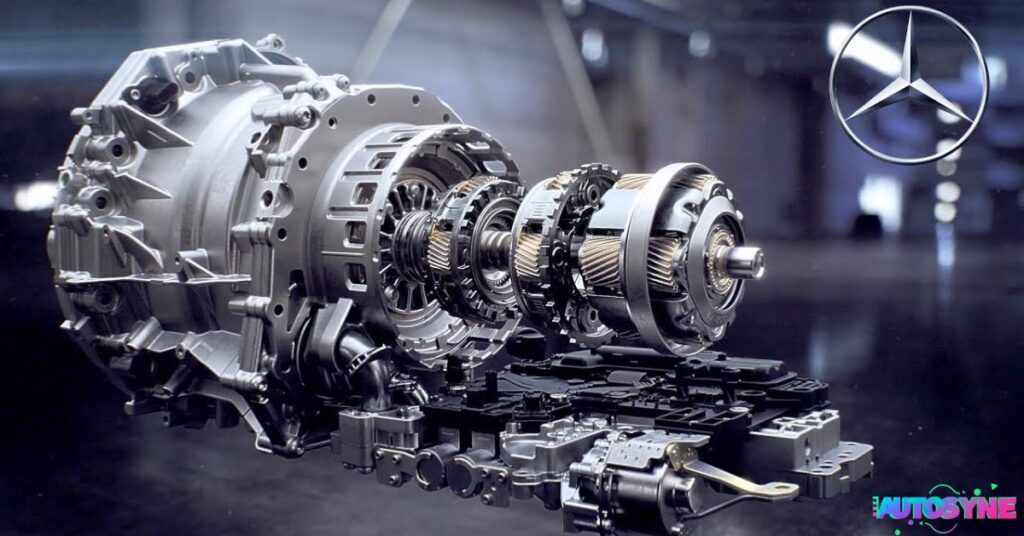
You may notice strange noises like whining, buzzing, or humming when you accelerate. These noises indicate transmission issues that need attention. Don’t ignore them. Take your car to a mechanic for inspection and repair.
Loose Or Damaged Belts
Loose or damaged belts can cause trouble for your car. Belts are essential for powering various engine components like the alternator and air conditioner. When they’re loose or damaged, they make noise.
You might hear screeching or squealing sounds, especially when accelerating. These noises signal a problem that needs fixing. Don’t wait. Take your car to a mechanic for inspection and replacement of worn-out belts.
Tire Issues
Tire issues can disrupt your smooth ride. Worn out, unevenly worn, or poorly inflated tires can create problems. When tires are past their prime, they make noise. You might hear rumbling or humming sounds, particularly during acceleration.
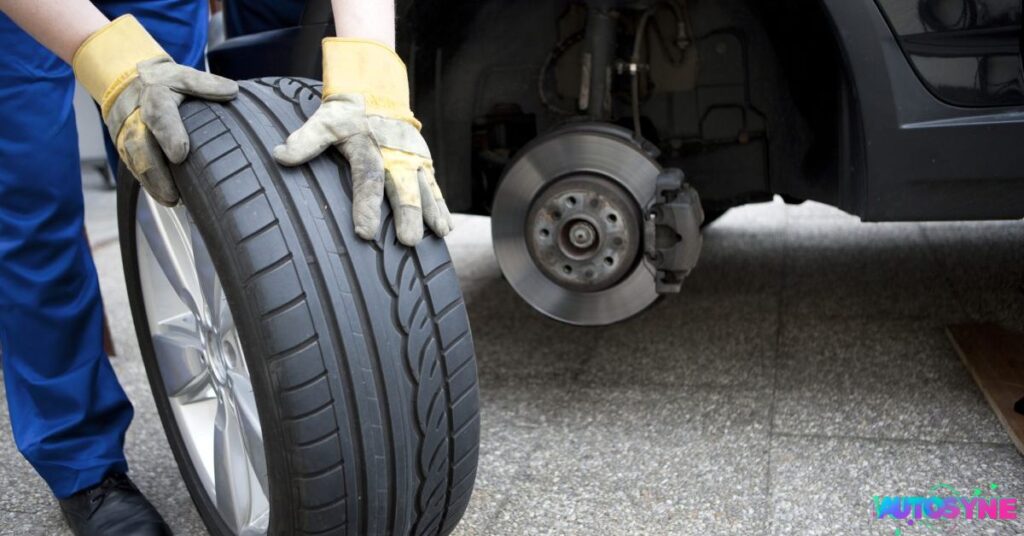
These noises indicate it is time to check your tires. Regular inspection and maintenance are key. Visit a mechanic to have your tires inspected and rotated.
Seek Professional Help Right Away
Seeking professional help promptly is crucial when dealing with car issues. Ignoring strange noises or symptoms can lead to more significant problems down the road. If your car is making unusual noises, especially when accelerating, don’t wait.
Take it to a trusted mechanic right away. A professional mechanic can diagnose the issue accurately and recommend the necessary repairs.
How Can I Tell Whether A Loud Noise When Accelerating Is Normal Or The Sign Of A Problem?
Determining whether a loud noise when accelerating is normal or a sign of a problem requires attention to detail. If the noise is unfamiliar or excessively loud, it could indicate an issue. Pay close attention to the type and intensity of the sound.
Sudden, sharp, or unusual noises are usually signs of trouble. It’s best to have a professional mechanic inspect your car to ensure its safety and performance. Addressing potential problems early can prevent further damage and keep your vehicle running smoothly.
Are There Makes Or Models That Are More Susceptible To Noises When Accelerating?
While all cars can experience noises when accelerating, certain makes or models may be more prone to specific issues. For example, Hondas are often susceptible to exhaust leaks, while Subarus may be more prone to engine knocking due to worn pistons.
However, individual vehicle usage, maintenance, and driving conditions also play significant roles. Regular maintenance and prompt repairs can help address these issues, ensuring the continued reliability of your vehicle regardless of its make or model.
Is It Safe To Drive Your Vehicle When It’s Making A Noise When Accelerating?
Your safety on the road is paramount. If your car is making a noise when you accelerate, it’s essential to assess the situation. While some noises may not pose an immediate danger, others could indicate serious issues.
If the noise is minor and does not affect your driving, you may be able to proceed cautiously to a mechanic. However, if the noise is accompanied by other symptoms like loss of power or unusual vibrations, it is safer to pull over immediately. Always prioritize safety and seek professional assistance if you’re unsure.
Also Read: how to protect your car from an emp
What Kinds Of Repair Services Can Fix Noises That Happen When Accelerating?
Different problems can cause noises when you accelerate, and there are various repair options available. If it is a belt issue, mechanics can replace worn or loose belts and adjust tension. When it comes to exhaust problems, they will find and fix leaks or replace damaged parts.
Drivetrain issues might need repairs or adjustments to the transmission, axles, or differentials. For engine-related noises, mechanics will run tests to find the problem and then fix or replace parts as needed.
It is important to see a professional mechanic for an inspection to figure out the right repairs and make sure your car keeps running smoothly and safely.
Frequently Asked Questions
What could be causing the loud noise when I accelerate?
Several issues, such as belt wear, exhaust leaks, or engine problems, could be the culprit.
Is it safe to drive my car if it’s making a noise when accelerating?
It’s best to err on the side of caution and have it checked by a mechanic to ensure safety.
Can I fix the noise myself?
Some minor issues, like loose belts, can be DIY, but for more significant problems, it’s best to consult a professional mechanic.
How do I know if the noise is serious?
Any sudden or unusual noise should be taken seriously and inspected by a mechanic to avoid potential damage.
What repair services can fix noises when accelerating?
Depending on the issue, repairs may involve replacing belts, repairing exhaust leaks, addressing drivetrain or engine problems, among others.
Will fixing the noise be expensive?
The cost of repairs varies depending on the issue’s severity, but addressing problems early can prevent more costly damage later on.
How often should I have my car inspected for noises?
Regular maintenance and inspections can catch issues early, so it’s a good idea to have your car checked by a mechanic regularly, especially if you notice any unusual noises.
Conclusion
While a loud noise when accelerating can be unsettling, it serves as a vital indicator of underlying issues within your vehicle. Whether it’s worn-out belts, exhaust system problems, or engine-related issues, timely attention and professional repairs are key to maintaining your car’s performance and safety.
By addressing these noises promptly and proactively seeking professional help, you can prevent further damage, ensure smooth driving, and prolong your vehicle’s lifespan. Remember, prioritizing regular maintenance and promptly addressing any unusual noises will keep you and your car on the road safely for miles to come.

Thomas is a seasoned automotive writer with five years of expertise. His passion for cars fuels insightful articles on industry trends, technology, and driving experiences.

